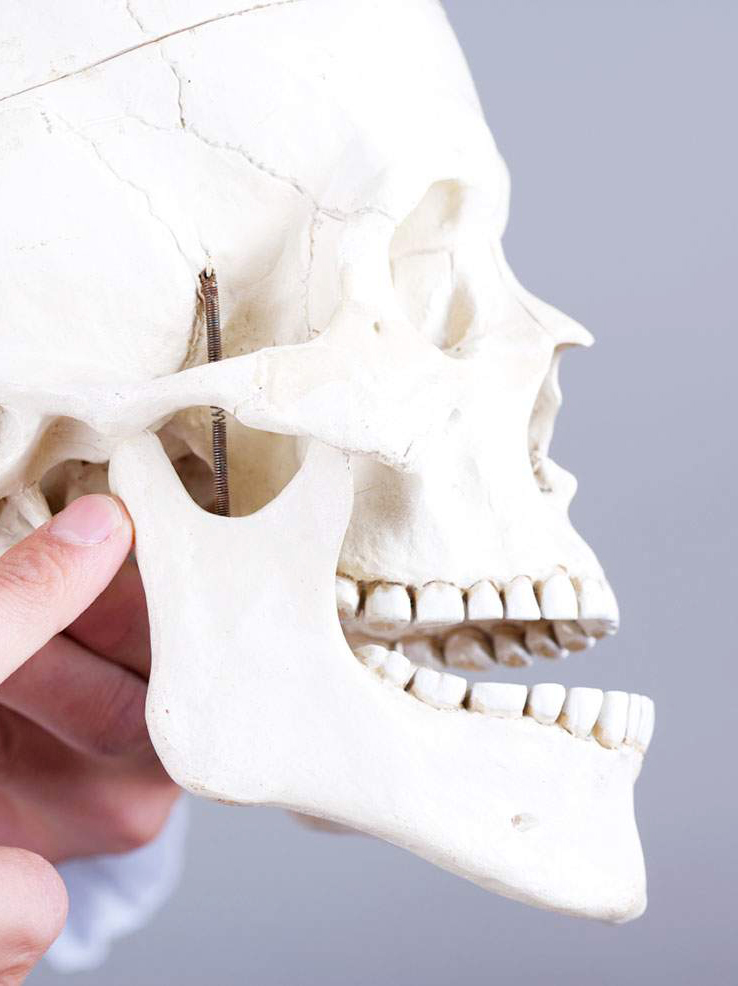
16 march 2021
If you’re experiencing jaw pain, two likely culprits are your wisdom teeth or the temporomandibular joint (TMJ).
Sometimes, it can be difficult to tell which is causing your discomfort.
A common problem with wisdom teeth is that they become impacted, failing to emerge properly through the gum line due to lack of room. This can cause aching similar to TMJ pain.
The temporomandibular joint (TMJ) connects your lower jaw bone (mandible) to the temporal bone of the skull in front of the ear. It gets a lot of use because it’s what enables you to open and close your jaw. Thing might get more complicated if TMJ is the source of pain.
Like impacted wisdom teeth, TMJ disorder (TMD) is also quite prevalent, affecting an estimated 20 to 30 per cent of adults to some extent, mainly those aged 20 to 40, although teenagers have been known to develop the problem.
TMD can lead to discomfort in your wisdom teeth that’s nothing to do with infection or decay – it’s referred pain from the jaw. And to complicate matters further, wisdom teeth issues can also cause pain in your jaw.
Wisdom teeth typically develop much later than other teeth, when we’re around 17 to 25 – the lower end of the age bracket for TMJ issues. This is one of the reasons many people get confused about which of these two conditions is causing their jaw pain.
And it’s led to the myth that impacted wisdom teeth often cause TMJ disorder by placing heavy strain on the jaw. In fact, this rarely happens.
Impacted wisdom teeth and TMD can both result in discomfort in the jaw that radiates to the ear and other areas of the face. However, TMJ disorders are caused by defects in the joint – muscle strain or damage to the jaw.
TMJ disorder typically has a set of symptoms occurring together and it’s thought to be caused by multiple factors.
In some cases, TMD may resolve itself without treatment or with home remedies. In others, the problem can be treated with non-invasive procedures, with surgery as a last resort.
Dental treatments for TMD include:
- Orthodontic therapy to move teeth into their proper position.
- Fitting crowns or veneers.
- Replacing missing teeth.
If it’s determined that your jaw pain is down to impacted wisdom teeth, they’ll need to be extracted.
Removal of these wisdom teeth will not only put a stop to your jaw pain but also safeguard your overall health – infection from a wisdom tooth can spread to other areas of your body, including vital organs such as the brain, heart or lungs.
Removal of problematic wisdom teeth sooner rather than later usually means an easier extraction procedure with fewer complications.
If you’re unsure about what’s causing your jaw pain, Wisdom Teeth Sydney can tell you whether it’s your wisdom teeth or TMJ disorder. And if it turns out to be your teeth, you’ll be in the capable hands of wisdom teeth extraction specialists.
